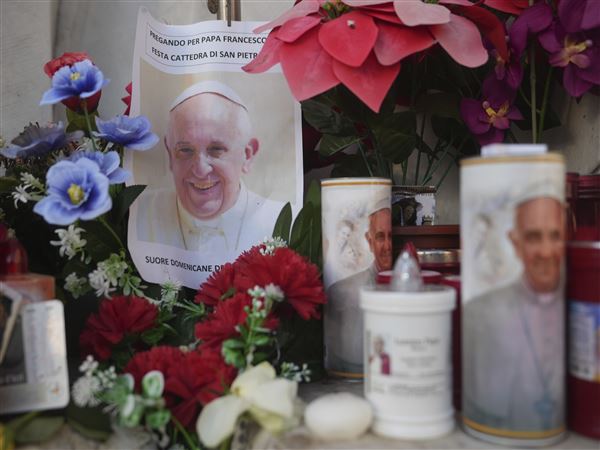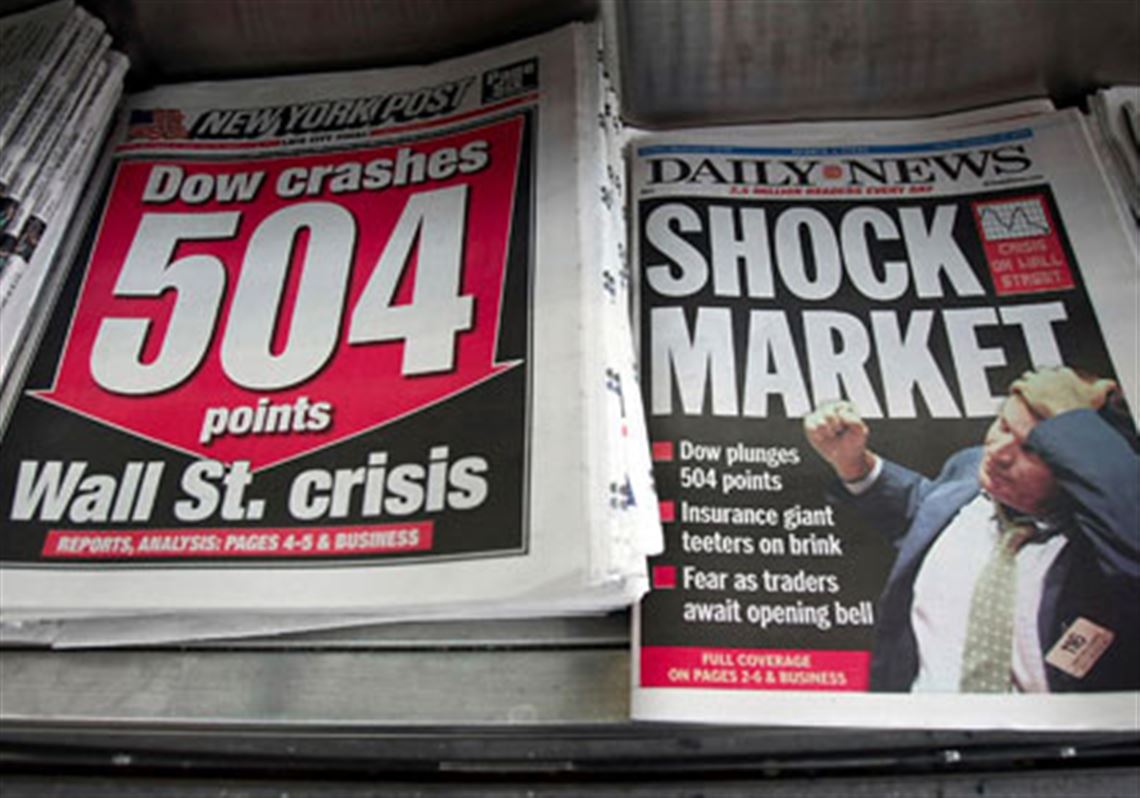Sony Kapoor is managing director of the international think tank Re-Define (sony.kapoor@re-define.org). He wrote this for Bloomberg.
•
It has been a decade since Lehman Brothers collapsed, followed by other titans of the financial industry, and this is the time of year when markets are worried about another “summer surprise.” No two market shocks are identical, and no one has yet mastered the timing of market crashes. However, knowing where vulnerability lies makes for better risk management, and maybe more carefree vacations.
There are four main areas of worry that, taken together, suggest the global economy may be in a more fragile place than it was even on the eve of Lehman’s demise 10 years ago.
First, as the Bank of International Settlements has repeatedly warned, there is a record level of indebtedness in the global economy. It is not just the amount of public and private debt that is worrying but also the deterioration in average quality. There is now $63 trillion of sovereign debt outstanding, with total debt at $237 trillion, a full $70 trillion above pre-Lehman levels.
There are only 11 sovereigns and only two U.S. firms now with a AAA rating, and there is a continuing decline in the average credit quality of outstanding loans and bonds. Servicing and rolling over this debt is likely to become much more expensive as monetary policy normalizes after years of quantitative easing.
The 2007 U.S. deficit at $161 billion, or 1.1 percent of GDP, pales in comparison to this year’s projection of $804 billion. America’s public debt-to-GDP ratio has risen to over 105 percent of GDP from around 65 percent of GDP in 2008, with projections of a continued rise. In the euro zone, too, debt is now 20 percent higher, up 60 percent in Spain. Italy’s public debt, already high in 2008, has now breached 130 percent of GDP, a full 30 percent higher than its 2008 level.
Clearly, there is far less room for governments to use increases in public spending and the so-called countercyclical policies that were crucial to avoiding a repeat of the Great Depression following Lehman’s demise.
Second, with quantitative easing having left central banks with a record $15 trillion of assets on their balance sheets, and interest rates still close to record lows, there is limited room for a robust monetary policy response to another shock.
The last three recessions saw the U.S. Federal Reserve cut interest rates by 5 percent, while pre-Lehman European Central Bank and Bank of England maintained interest rates of 4 percent and 5 percent, respectively. With QE taps still open and even nominal interest rates negative for several G-10 central banks, a repeat of the decisive central bank action that helped the world avoid a depression is impossible. In fact, it is quite possible that monetary policy may become the source of instability as QE is wound down and interest rates normalize.
Third, the political center, which was strong in 2008, has frayed considerably in almost all major economies. Populism of both the far right and far left variety is rising, partly in response to the crisis. The electorate is more dissatisfied after what amounts to an almost lost post-crisis decade in which few saw an increase in their real wages, with many more experiencing economic and other forms of insecurity. Political systems in most European economies have fragmented with an increase of small and even fringe political parties now represented in parliaments, as governing majorities become ever harder to cobble together.
Fourth is the collapse of trust and weakening in the international order. The U.S. is pursuing not just an empty chair policy at international forums such as the G-7 and the G-20, which were crucial in marshaling international cooperation to tackle the last crisis, but the Trump administration has actively taken a wrecking ball to global international cooperation.
Perhaps even more alarmingly, the sensible political center in the European Union is diminished, with populists in both core and periphery economies leaving little room for sensible euro zone-wide and pan-EU policies. Brexit; the rising East-West divides, particularly on immigration; and the new Italian government are just the most obvious examples of a deeper malaise in EU politics.
Of course, banks are stronger today than they were in 2008, and policymakers have a bigger crisis toolkit. But the combination of shrunken fiscal and monetary policy space, a record buildup of debt, the diminishing of the political center, the dismantling of the postwar liberal world order and a nascent trade war means that things may be more fragile on every other count.
First Published: July 8, 2018, 4:00 a.m.
















